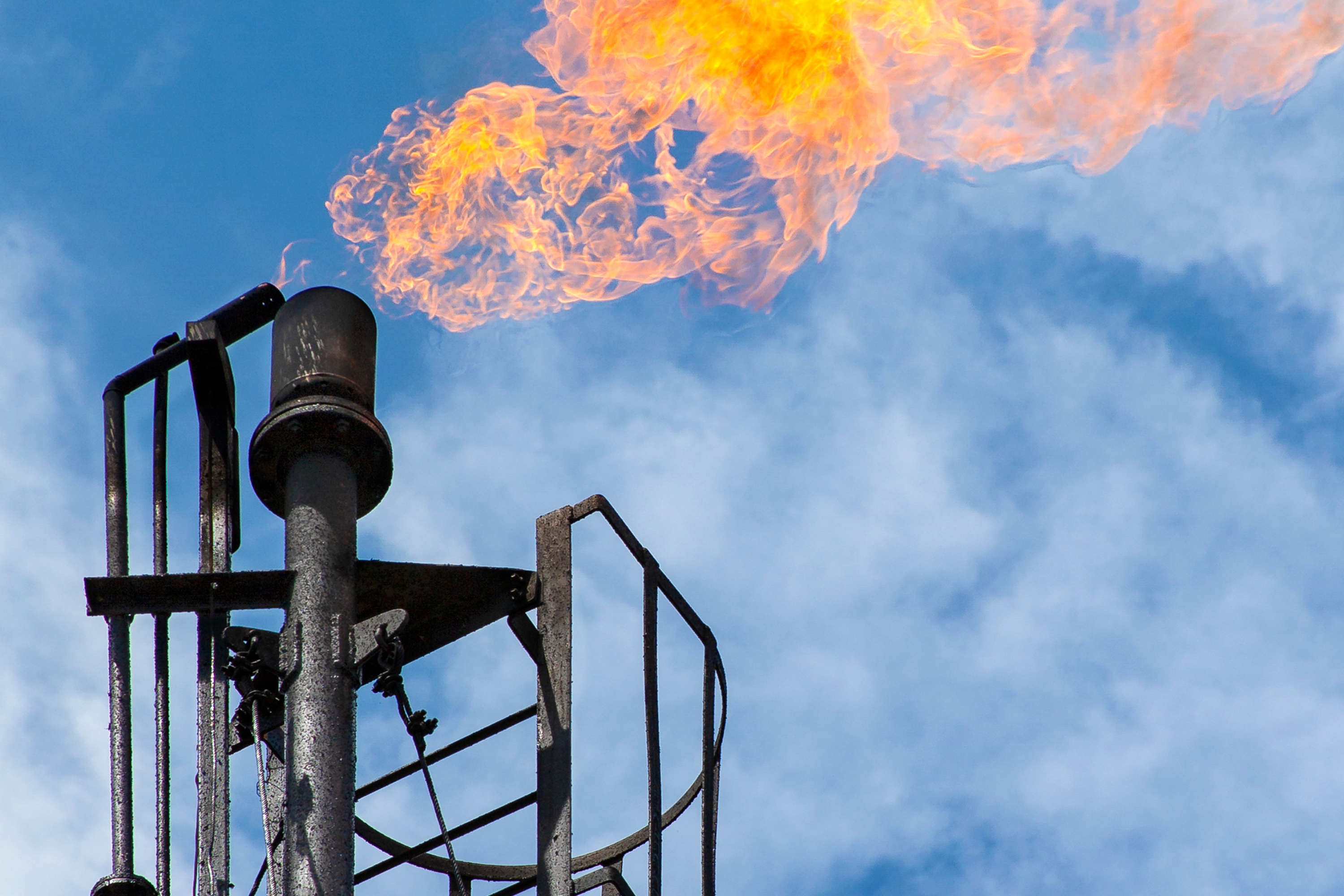
bp is now using Baker Hughes emissions abatement technology, flare.IQ, to quantify methane emissions from its flares. Photo via Canva
Two energy companies with Houston headquarters are collaborating on flare emissions monitoring.
According to a news release, bp is now using Baker Hughes emissions abatement technology, flare.IQ, to quantify "methane emissions from its flares, a new application for the upstream oil and gas sector." The statement goes on to explain that the industry doesn't have a to methane emission quantifying, and that bp ad Baker Hughes has facilitated a large, full-scale series of studies on the technology.
Now, bp is utilizing 65 flares across seven regions to reduce emissions.
“bp’s transformation is underway, turning strategy into action through delivery of our targets and aims. We don’t have all the answers, and we certainly can’t do this on our own," Fawaz Bitar, bp senior vice president of Health Safety Environment & Carbon, says in the release. "Through our long-standing partnership with Baker Hughes, we have progressed technology and implemented methane quantification for oil and gas flares, helping us to achieve the first milestone of our Aim 4. We continue to look at opportunities like this, where we can collaborate across the industry to find solutions to our biggest challenges."
The flare.IQ technology is a part of Baker Hughes’ Panametrics product line portfolio, and it builds on 40 years of ultrasonic flare metering technology experience. The advanced analytics platform provides operators with real-time, decision-making data.
“Our collaboration with bp is an important landmark and a further illustration that technology is a key enabler for addressing the energy trilemma of security, sustainability and affordability,” Ganesh Ramaswamy, executive vice president of Industrial & Energy Technology at Baker Hughes, says in the release. “As a leader in developing climate technology solutions, such as our flare.IQ emissions monitoring and abatement technology, cooperations like the one we have with bp are key to testing and validating in the field solutions that can enable operators to achieve emissions reduction goals efficiently and economically.”